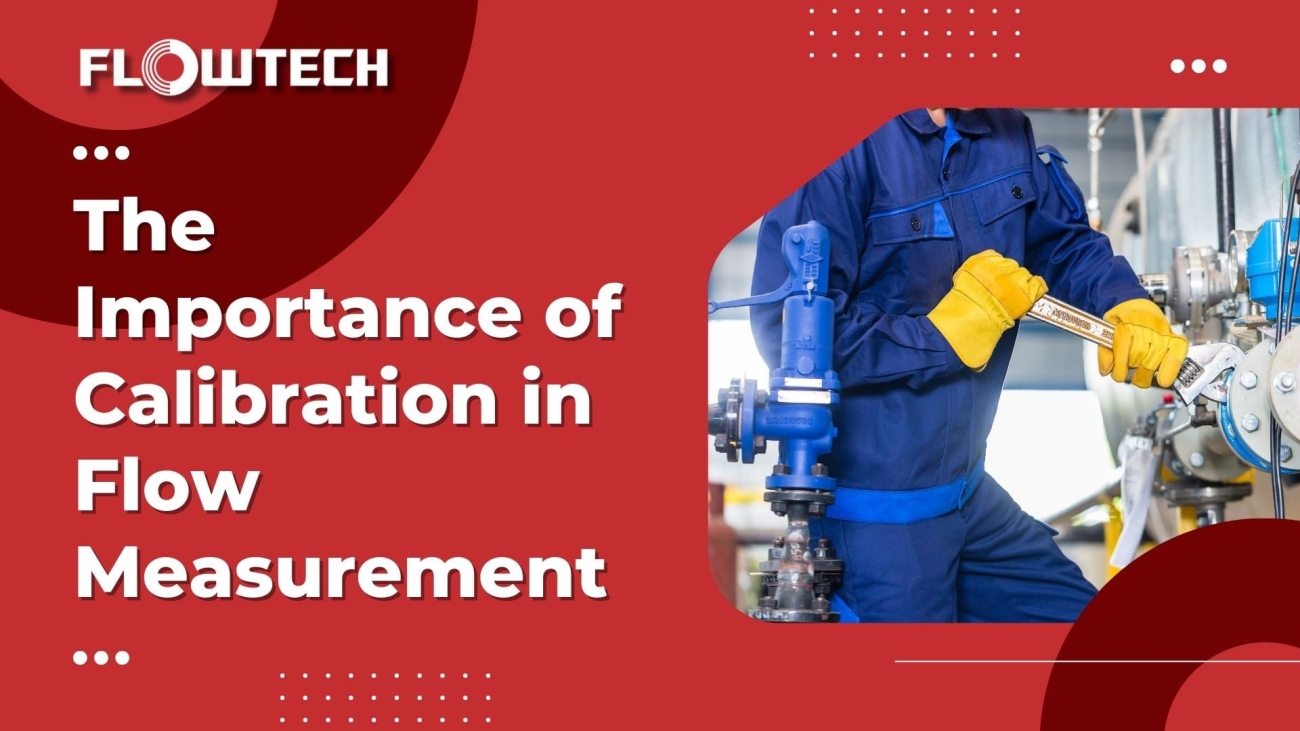In various industries, the precise measurement of fluid flow is crucial for quality control, safety, and efficiency. From oil and gas to water treatment and pharmaceuticals, flow meters are essential tools that measure the amount of fluid passing through a system. However, to ensure accurate readings and optimal performance, regular calibration of these instruments is paramount. In this blog post, we will explore the importance of calibration in flow measurement and how it impacts various aspects of operational efficiency.
Table of Contents
What is Calibration?
Calibration is the process of adjusting and verifying the accuracy of a measuring instrument by comparing its performance against a known standard. In the case of flow meters, this involves comparing the flow meter’s output with a standard flow rate to ensure its readings are accurate. Calibration must be performed periodically, as factors such as wear and tear, environmental conditions, and changes in the fluid being measured can cause drift in measurements over time.
Why is Calibration Important?
- Accuracy and Reliability
- Accurate flow measurements are critical for operational efficiency and decision-making processes. Even minor inaccuracies can lead to significant financial losses, safety hazards, and compliance issues. Calibration ensures that flow meters provide reliable data, essential for maintaining the integrity of operations.
- Regulatory Compliance
- In industries governed by strict regulatory standards, such as pharmaceuticals or food and beverage, calibration is often a requirement. Regular calibration ensures compliance with industry regulations and standards, helping companies avoid penalties and maintain their reputation.
- Optimizing Performance
- Regular calibration helps maintain the performance of flow meters, ensuring they operate within specified limits. This can lead to improved efficiency, reduced waste, and lower operational costs. For example, an under-reported flow rate can lead to inefficient production processes or inadequate inventory management, while an over-reported rate can result in excess costs.
- Identification of Equipment Issues
- Routine calibration can reveal underlying equipment issues before they escalate. For instance, if a flow meter consistently provides inaccurate readings, this may indicate wear on the device or issues with the flow system itself. Early detection allows for necessary repairs or replacements, minimizing downtime and maximizing productivity.
- Enhancing Maintenance Strategies
- Integrating calibration into preventive maintenance strategies can enhance overall operational effectiveness. Regularly scheduled calibrations ensure that flow meters are functioning properly and can help extend the life of the equipment. Additionally, maintaining accurate instruments can streamline maintenance processes by identifying potential failures early.
Best Practices for Calibration
- Establish a Calibration Schedule
- Create a routine calibration schedule based on the specific requirements of your flow meters and industry standards. Depending on the application, some meters may require calibration monthly, quarterly, or annually.
- Use Certified Calibration Standards
- Ensure that calibration is performed using certified standards and equipment. This guarantees that measurements are accurate and traceable to national or international standards.
- Document Calibration Results
- Maintain meticulous records of calibration results, including date, measured values, adjustments made, and the technician responsible. This documentation can be crucial for compliance audits and performance reviews.
- Train Personnel
- Ensure that staff members responsible for calibration are properly trained in the calibration process. Understanding the operation and characteristics of flow meters is crucial for effective calibration.
- Involve a Professional Service
- Consider engaging a professional calibration service for complex flow measurement systems. Professional technicians can ensure that the calibration process is thorough and meet industry standards.
Conclusion
Calibration is not merely a routine task; it is a critical factor in ensuring the accuracy, reliability, and ultimate success of flow measurement systems. By implementing a robust calibration plan, businesses can enhance operational efficiency, comply with regulations, and reduce costs. Remember, in the world of flow measurement, accuracy is key—investing in regular calibration helps to protect that investment and ensures your processes run smoothly.
Ready to ensure the accuracy of your flow measurement systems? Contact us today to learn more about professional calibration services tailored to your industry needs!

